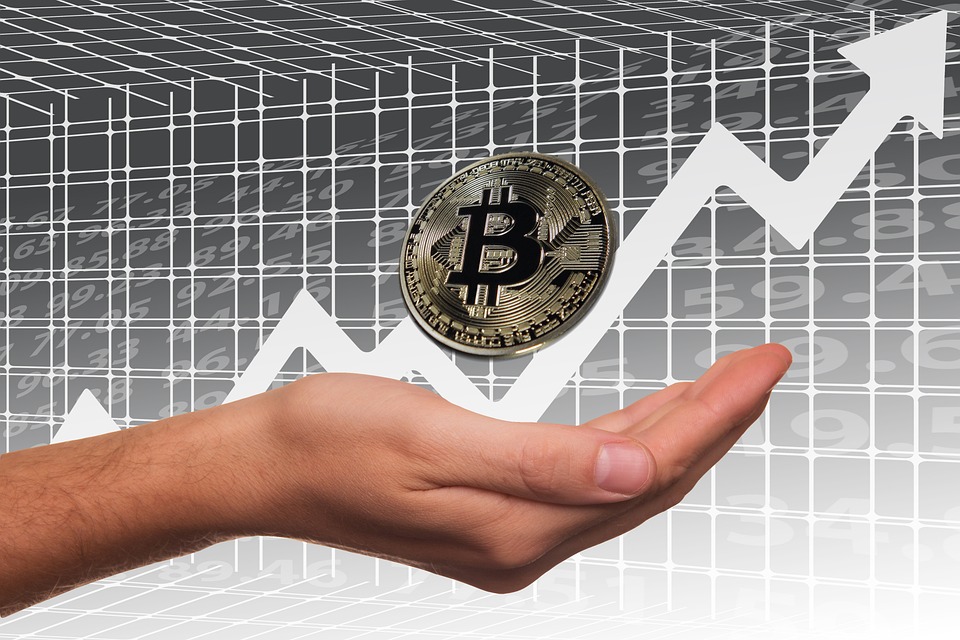Decentralized Finance, also known as DeFi, has been making waves in the financial world in recent years. In simple terms, DeFi refers to the use of blockchain technology and smart contracts to create financial services and products that are decentralized and do not rely on traditional financial intermediaries like banks or brokerage firms.
One of the main benefits of DeFi is its ability to provide greater financial inclusion and access to services for individuals who may not have access to traditional banking services. This is particularly important in a globalized world where many people are underserved or unbanked.
Through DeFi, individuals can have access to a range of financial services such as lending, borrowing, trading, and investing without the need for a traditional financial institution. This has the potential to revolutionize the way people manage their finances and access credit, especially in developing countries where traditional banking systems may be lacking.
In addition to financial inclusion, DeFi also has the potential to disrupt the traditional financial system by providing more transparency, security, and efficiency. Since transactions on the blockchain are recorded on a public ledger and are secured by cryptography, there is less risk of fraud or manipulation compared to traditional financial systems.
Furthermore, DeFi allows for programmable money through smart contracts, which are self-executing contracts with the terms of the agreement directly written into code. This enables automated transactions without the need for a middleman, reducing costs and increasing efficiency.
The possibilities of DeFi go beyond just providing financial services to underserved populations. It also has the potential to create new and innovative financial products that were previously not possible in the traditional financial system. For example, decentralized exchanges (DEXs) allow for peer-to-peer trading of digital assets without the need for an intermediary, while decentralized stablecoins provide a price-stable alternative to volatile cryptocurrencies.
However, despite its many benefits, DeFi is still in its early stages and faces challenges such as regulatory uncertainty, scalability issues, and security concerns. As the industry continues to evolve and mature, it will be important for regulators, developers, and users to work together to address these challenges and ensure the sustainability of DeFi in the long run.
In conclusion, DeFi has the potential to transform the financial landscape and create a more inclusive and efficient global financial system. By harnessing the power of blockchain technology and smart contracts, DeFi can empower individuals to take control of their finances and access a wide range of innovative financial services. As the industry continues to grow and evolve, it will be exciting to see the impact that DeFi has on the way we think about and interact with money in a globalized world.
